|
|
|
AFFILIATE DISCLOSURE: This post contains affiliate links. This just means that there are product suggestions included within the text. Should you click on one of the links and decide to make a purchase, I will receive a small commission. I only suggest products I love and and have experience with that are directly related to the content in this post. Thank you for your support! View my Disclosure Statement for more information. When problems arise, my organizer brain immediately takes in the situation and starts looking for ways to improve the physical environment in order to make it more functional. Such has been the case recently. I have just returned from two and a half weeks of assisting my mom who is recovering from a broken hip. Long term illnesses or injuries, such as my mom's, can make it difficult for a person to function comfortably within his or her normal surroundings. The more that can be done to accommodate the recovering person's needs and abilities, the more comfortable that person will be physically, mentally, and emotionally. Often a few simple changes can make a big difference in a person's ability to comfortably do for themselves as much as possible. In this post, I would like to share some suggestions for things you can do to make the physical environment more user-friendly for someone who is recovering from a serious illness or injury. Remove ObstaclesOne of the first things I did after arriving at my mom's house was to remove the throw rugs from her bathroom floor. They may serve a useful purpose, but in her current situation they are more of a hazard than a help. I washed them and set them aside to be replaced later when she is stronger and better able to get around. A person suffering from a serious illness is often in a weakened state. This can also be true of someone who has been injured seriously. Anything you can do to help them get around more easily is desirable. This may mean moving furniture around temporarily to create a more direct path from point A to point B. Look around the environment with new eyes searching for anything that could be a tripping hazard, sharp corner, obstacle, or other potential danger and find a way to minimize the risk. Make Things AccessibleA person who is seriously injured or ill is likely to have limited mobility. They may be bed-ridden or just camped out on the sofa for a time. Their ability to reach things and do simple tasks is probably reduced. This can be tremendously trying. Finding ways to make things easier to access will help them retain a degree of independence and greatly reduce their level of frustration. Some of my favorite solutions include:
We are fortunate to live in a world where energy saving, work reducing devices abound. What's more, many of these gadgets are specifically designed for people with limited mobility, strength, energy, and/or dexterity. Here are some examples of tools designed to make doing basic household tasks easier.
Often a person recovering from serious illness or injury spends a good deal of their time either in bed or lounging on a sofa. It can be frustrating to be confined to a small space, but there are a variety of products available to help make the experience more comfortable, and possibly even more productive. Here are a few of my favorites:
Bathroom safety is often a concern for someone who is recovering from illness or injury. In our family we have found the following items to be particularly helpful in providing needed support and comfort.
While working at the kitchen store, I discovered some really great kitchen gadgets designed to make accomplishing basic tasks simple and pain free for people with strength and dexterity challenges. Here are some of my favorites.
As you can see, organizing for injury or illness is not complicated, but it does take some thought. The key is to identify specific needs and work from there to find the best solution. Anything you can do to make a recovering person more comfortable and better able to enjoy some independence is highly desirable!
10 Comments
9/28/2020 10:40:51 am
Wow, what a great roundup of helpful tools. You have a lot of neat items here, many of which I've never seen. I spent a week helping my mom recover from her second knee surgery this summer. It takes a village! Any tool that helps alleviate difficulties is worth it.
Reply
9/28/2020 11:05:46 am
It does indeed. This post first started kicking around in my head after my husband was struck by a car while riding his bike. I’ve had lots of practice helping (or trying to help) make life easier for recovering family members.
Reply
9/28/2020 12:02:09 pm
It is great that you had the opportunity to help your mom. Hope she feels better soon. I do find that we empower ourselves when we take action to improve our surroundings, especially when we are recovering from injury. We can easily go into a state of depression when we can't do things for ourselves. So, helping your mom be independent is critical for her wellbeing, as well as her physical health. Great tips! Definitely sharing this post!
Reply
9/28/2020 12:20:37 pm
Thanks, Sabrina. Your comment about becoming depressed is so true. Often when someone is hurt our instincts are to help by doing for them, but helping them to be able to safely help themselves is often a better way to care for the whole person.
Reply
9/29/2020 05:05:44 am
Some great tips. We work with a lot of people with physical issues, whether temporary or permanent. I'm going to keep this to refer to in these cases.
Reply
9/29/2020 07:29:19 am
Thank you, Janet. I hope this will prove to be a useful reference for you.
Reply
10/13/2022 10:56:55 am
Wow, you have covered a lot of bases! We're fortunately not currently dealing with any illnesses or injury at our place, but your suggestion to use a long-handled dust pan really jumped out for me as a brilliant idea for anyone.
Reply
10/13/2022 04:24:41 pm
I love the long-handled dustpan! After using one, I can't image ever stooping again to scoop up dust and debris off the floor.
Reply
Leave a Reply. |
Archives
November 2022
Categories
All
|
Proudly powered by Weebly
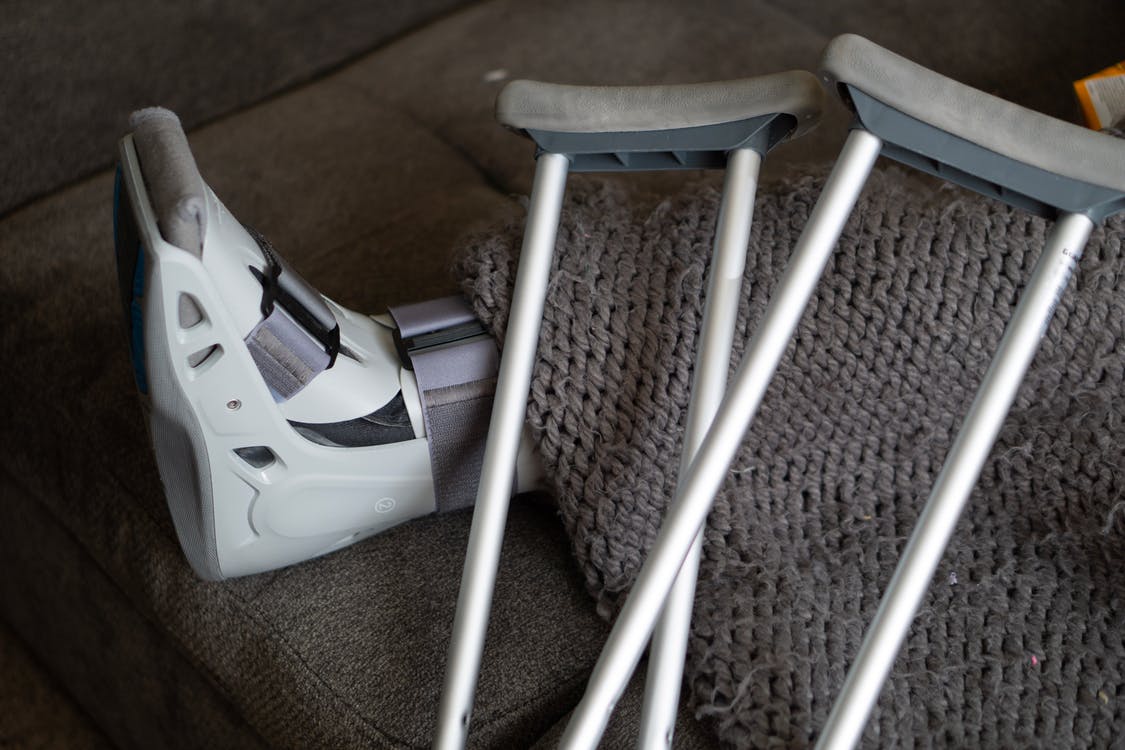
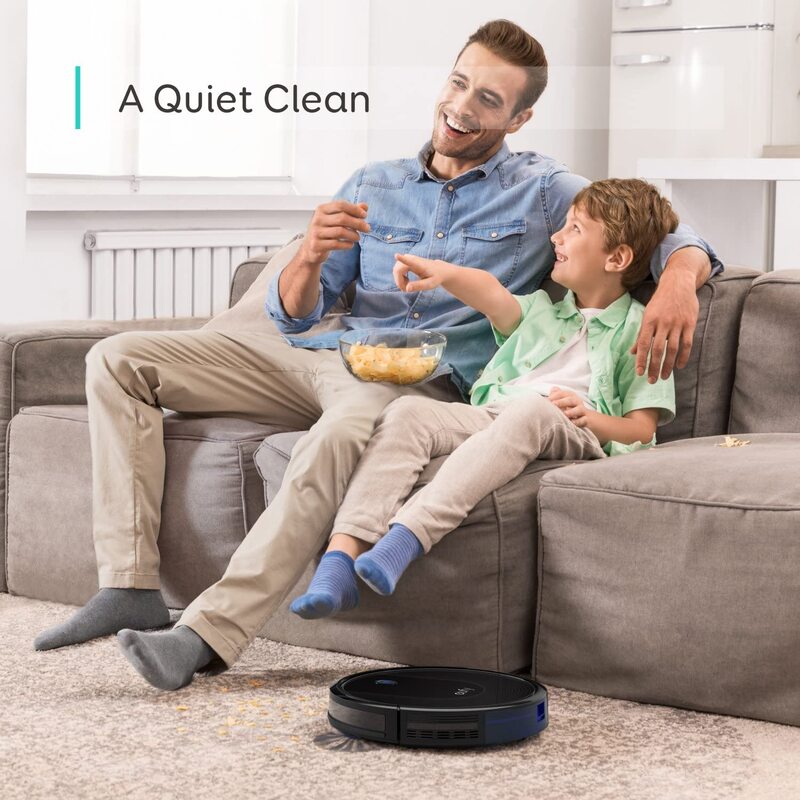
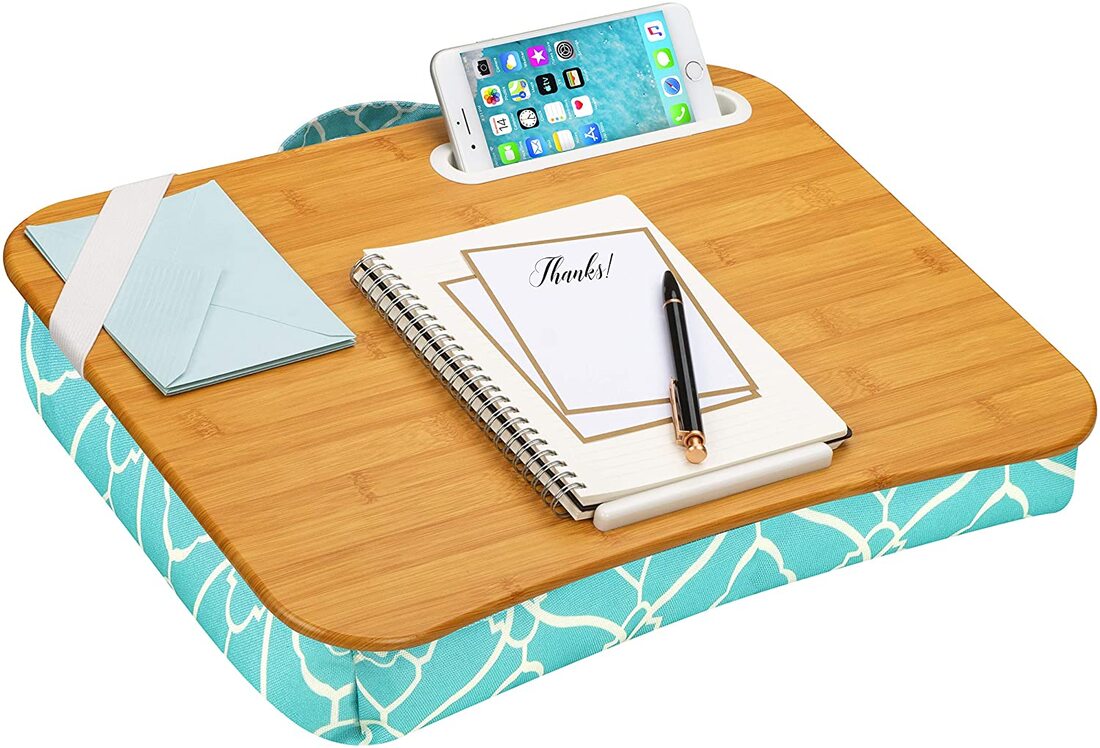
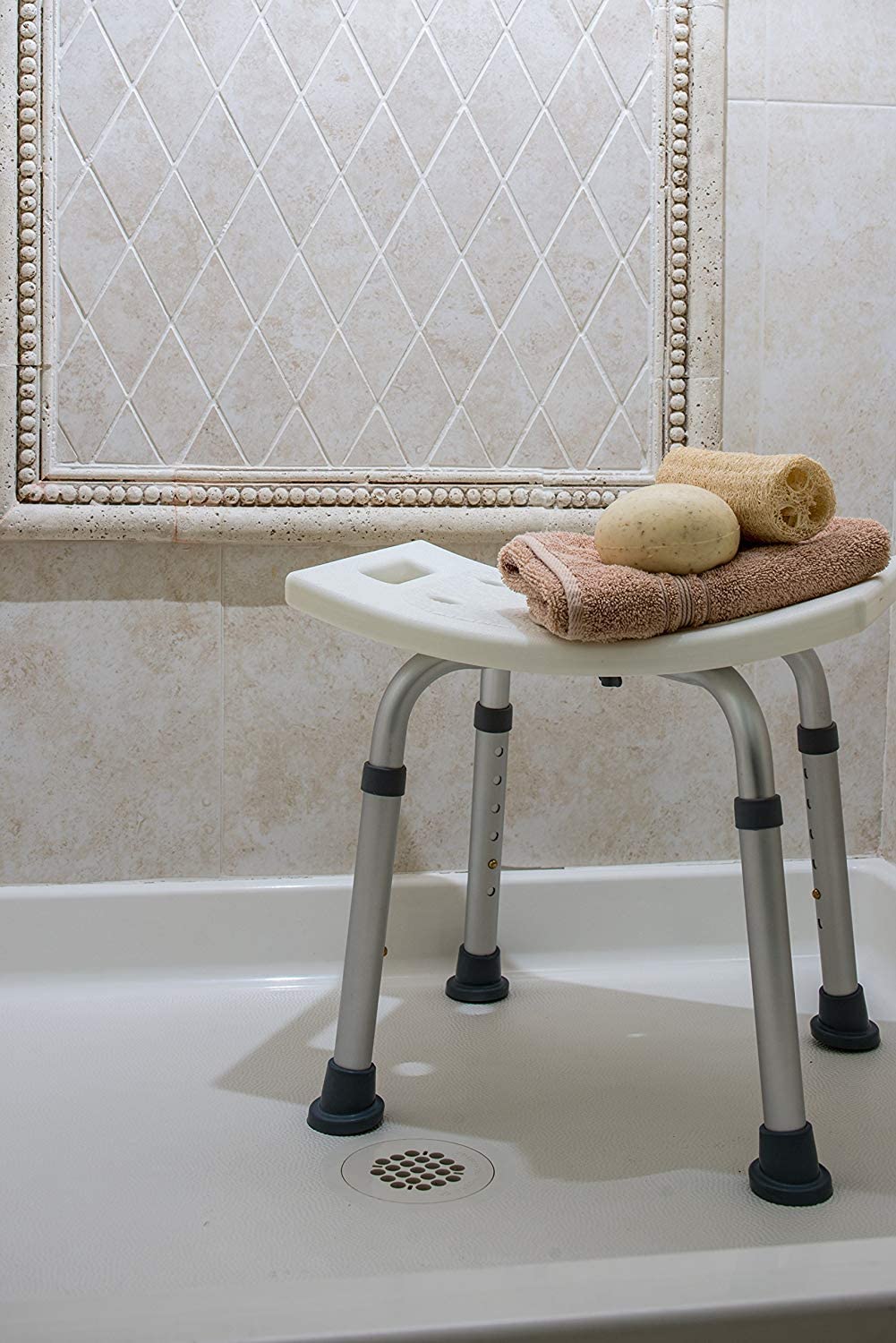
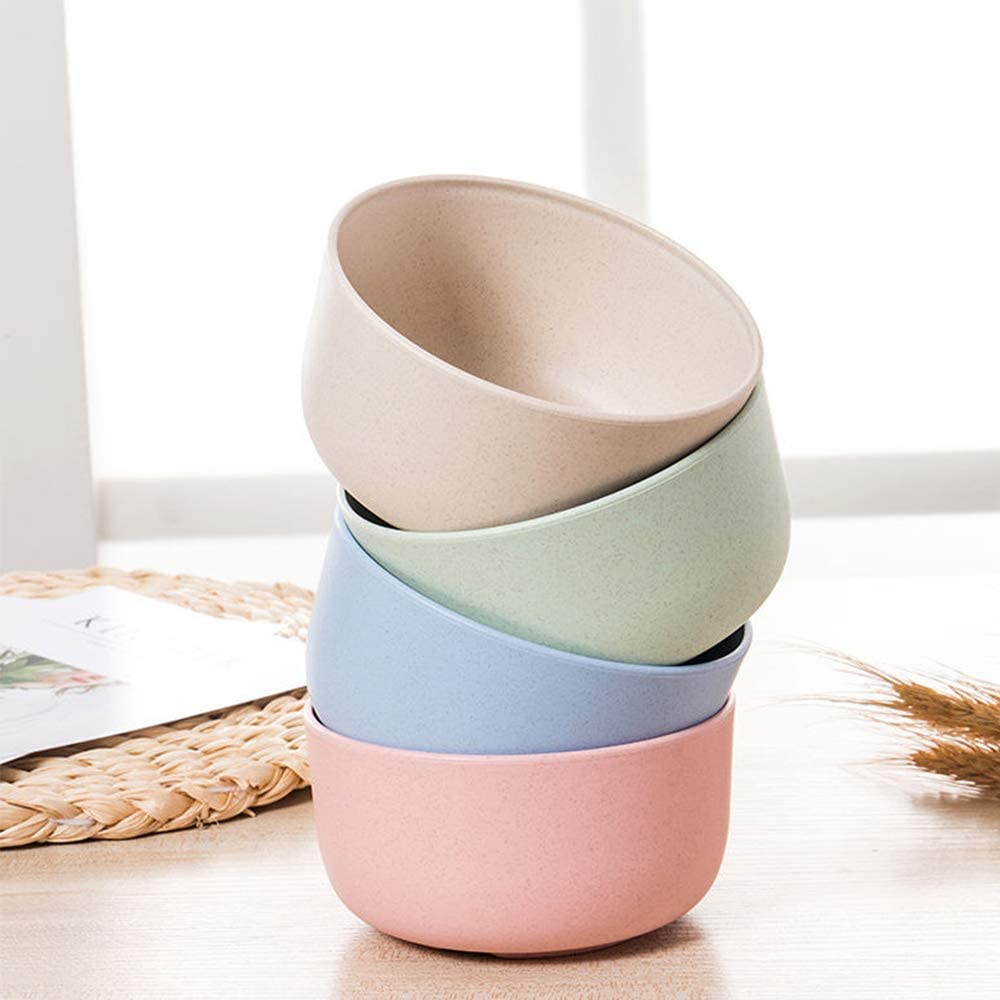
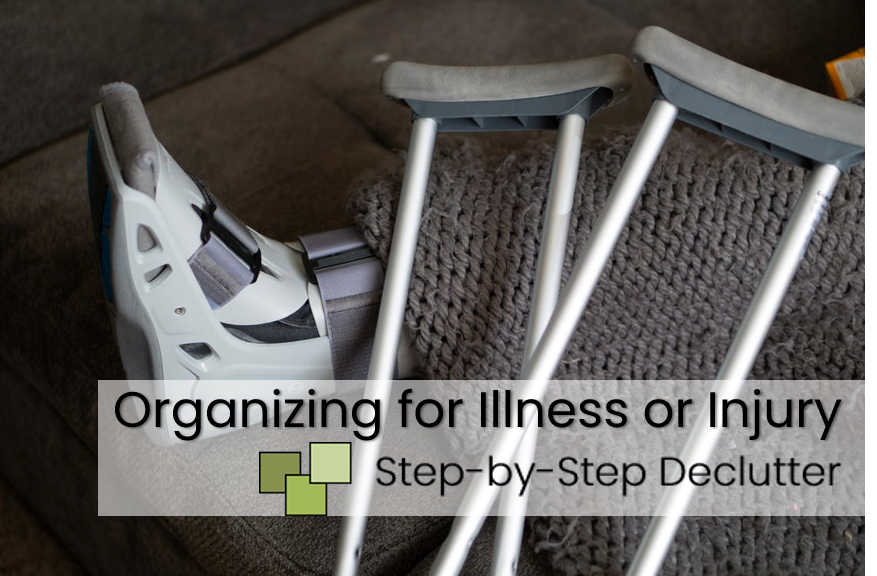

 RSS Feed
RSS Feed